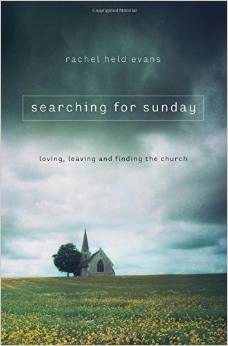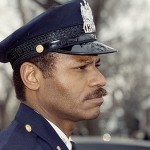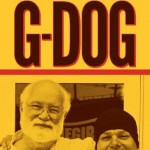 Rachel Held Evans wrestles with the Church and with faith and she does it publicly. This makes some people uncomfortable, but it uniquely positions her as a Christian messenger in the postmodern era.
Rachel Held Evans wrestles with the Church and with faith and she does it publicly. This makes some people uncomfortable, but it uniquely positions her as a Christian messenger in the postmodern era.
In Evans’s new book, Searching for Sunday, she gives us artful meditations, grounded in church history and tradition, reaching to postmodern seekers today. Evans has landed in an Anglican church for now, but she still views her roots in the evangelical church with gratitude. A work of creative nonfiction that could well be compared to the work of writers such as Kathleen Norris (Dakota, Amazing Grace, The Cloister Walk), Searching for Sunday is structured around the seven sacraments (baptism, confession, holy orders, communion, confirmation, anointing the sick, and marriage) of Roman Catholic and Orthodox churches (Evans is an admirer of Orthodox faith). She says, “My aim in employing these seven sacraments is not theological or ecclesiological, but rather literary. They are the tent pegs anchoring my little tabernacle of a story to the ground. I chose them because they have something of a universal quality, for even in churches that are not expressly sacramental, the truths of the sacraments are generally shared” (xvii). Evans is drawing us all back together to a common core of Christian belief that is ancient but also freshly expressed in our own time and she’s doing it by pointing to the deeply earthy and real and grounded practices of the sacraments.
I resonate with this hearkening back to the traditions and beliefs of an ancient church. In Evans’s desire to connect with more liturgical connections, with the history of the church, and with old theology, Evans is able to step outside of the boxing in that often occurs in American evangelicalism. She is able to transform the conversation in new (and old) ways. She also rediscovers some very concrete aspects of Christianity: the material stuff of the sacraments (oil, bread, wine, water), the structure of history, the comfort of prayers and creeds and theology that are thousands of years old.
Evans’s reconnection to church history is particularly helpful and instructive for the Church today. Oftentimes, American evangelicals act as if there were only a few periods of church history that truly mattered: the book of Acts, the martyrs (but only their death, not their teaching), Martin Luther (who saved Christianity from Catholicism, but who should be ignored on infant baptism), other reformers, and American Christianity. We do ourselves a great disservice when we ignore our roots. Not only that, but when we ignore the mistakes of the past, we risk making similar mistakes all over again. Knowing the whole of our church history is deeply important to being church today. More and more young evangelicals and post-evangelicals are becoming conscious of the importance of these dynamics. It is a wonderful development.
Evans’s meditations on baptism are beautiful and shot through with grace. She writes of the centrality of death and resurrection in baptism:
Baptism reminds us that there’s no ladder to holiness to climb, no self-improvement plan to follow. It’s just death and resurrection, over and over again, day after day, as God reaches down into our deepest graves and with the same power that raised Jesus from the dead wrests us from our pride, our apathy, our fear, our prejudice, our anger, our hurt, and our despair. Most days I don’t know which is harder for me to believe: that God reanimated the brain function of a man three days dead, or that God can bring back to life all the beautiful things we have killed (21).
This quotation leads into another strength of the book: Evans’s willingness to be very open about her struggles with the Church and her experience of doubt.
I think so often of how the world changed forever when the internet was born. I lived through this change. Most of my readers did as well. You can remember a time before the internet, and you can compare that time to today. Before the internet, when you wanted knowledge, you went to an arbitrator of knowledge: a pastor, a teacher, a professor, a head of an institution, a political leader. Now, we all have access to all kinds of information over the internet. We all can get information from many sources: some credible, some not. It’s sometimes difficult to sort out which sources are credible. But what has done is probably not going to be undone. The world has changed forever. Institutional heads no longer control us.












